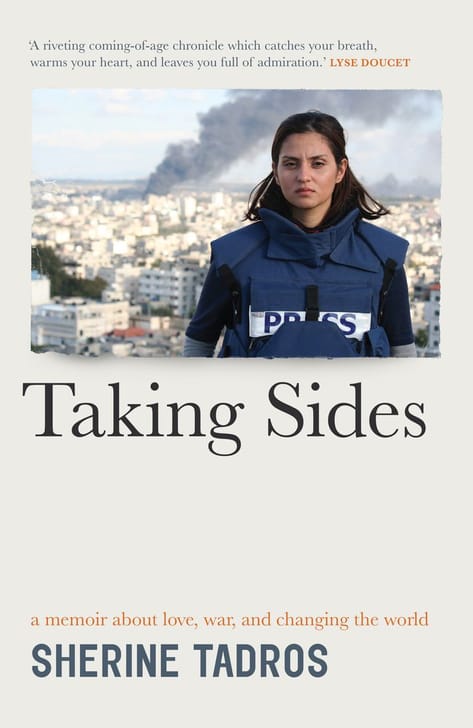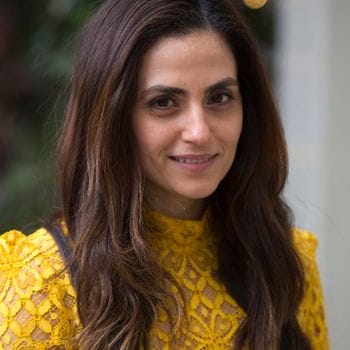
Taking Sides:
from war reporter to activist — finding my place in the fight against injustice
Taking Sides:
from war reporter to activist — finding my place in the fight against injustice
Overview
What does it take to report from conflict zones? What good is neutrality in the face of suffering, and how much difference can one person make?
From her first journalistic assignment in Gaza to covering the Arab Spring in Egypt, Sherine Tadros searched for ways to change people’s lives for the better.
It wasn’t until her life fell apart that she found the courage to pursue her true purpose. With compassion and verve, Tadros now shares her remarkable journey, from witnessing injustice to fighting it in the corridors of power. In probing the line between journalism and activism, her memoir Taking Sides demonstrates why stories matter — and how we can all use our voices to inspire meaningful change.
Details
- Format
- Size
- Extent
- ISBN
- RRP
- Pub date
- Rights held
- Other rights
- Hardback
- 234mm x 153mm
- 272 pages with 8 page colour picture section
- 9781914484254
- GBP£18.99
- 9 March 2023
- UK & Commonwealth (ex. Can)
- Massie & McQuilkin
Praise
‘An engaging, intelligent, and intensely personal story set against the backdrop of conflict in Lebanon, Gaza, and Egypt.’
‘Sherine Tadros has written a gripping and powerful memoir of her journey through journalism, hope, and despair to activism. It’s a candid guidebook that will empower anyone who wants to make the world a better place.’
About the Author
Sherine Tadros is the Deputy Director of Advocacy and Representative to the United Nations for Amnesty International. She leads a team of senior advocates to lobby for the protection and promotion of human rights around the world.
Prior to that, Tadros was a Middle East correspondent and news anchor for Al Jazeera English and Sky News, where among other events she reported on the Gaza Wars of 2008 and 2014, the Arab Uprisings, and the rise of the Islamic State group in Iraq. The accolades for her work in human rights and journalism include a Peabody Award, an Emmy nomination, and several Royal Television Society Awards.
Tadros is an experienced speaker and moderator. Her engagements include speaking at the UN General Assembly and a Rwandan peacebuilding conference, as well as moderating the FIFA Conference for Equality and Inclusion in Zurich.
Tadros grew up in the United Kingdom, graduating with a degree in politics from SOAS University of London and a master’s degree in Middle East Politics. She lives in New York and can be found on Twitter @SherineT.
